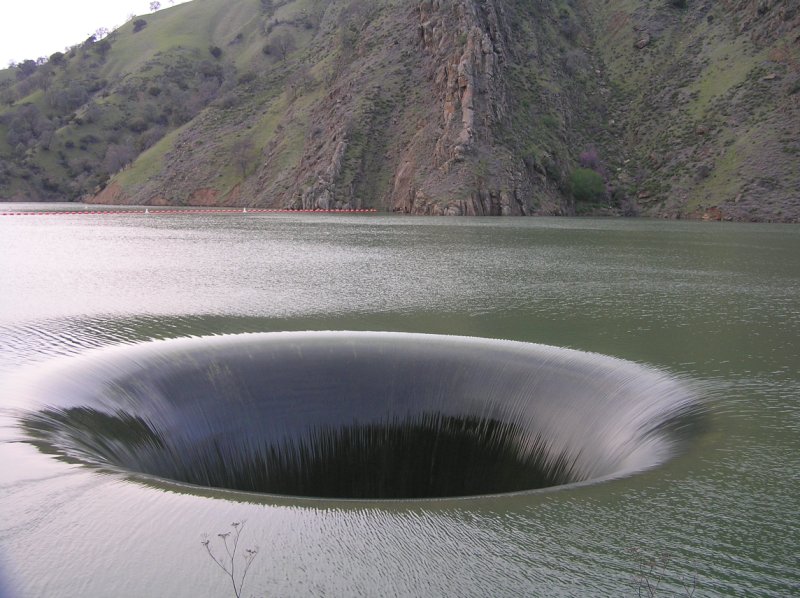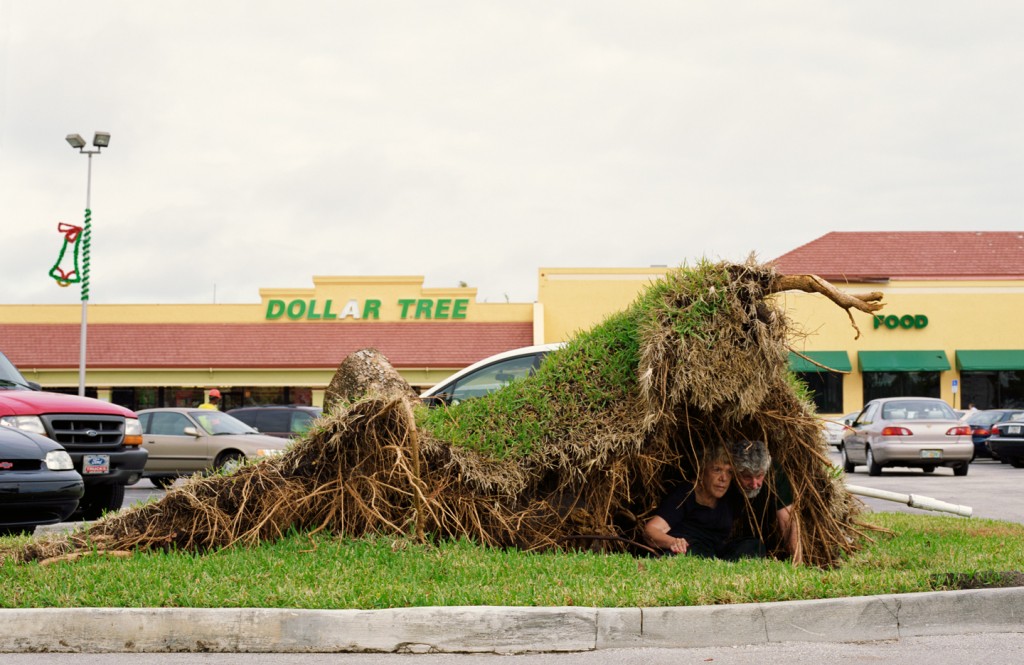Four Texts by Brent Armendinger
THE SCREENYou have never seen so many flags. Together, they seem to erase the sun – over and over people say how blue the morning, as if the color itself were suspect. A fortress of cloth – it walls off the wind and squeezes the sky into a locker room. This hurts your stomach – you can hardly breathe, until you remember the sauna inside the locker room, how everything taut goes trembling and someone puts his finger on your knee. You drive out to the strip-mall – the small city is circled by them, like a lasso or the banks of a dried-up reservoir. You wander the aisles, unable to find a candle without a chemical fragrance, and so you buy a yellow one, the least offensive one, and let it flicker on the front steps of your apartment building.
The assistant nurse offers you an appointment card, but you’ve already written it down in your calendar. It’s been a week already, but nobody knows what day it is, because it’s all still happening. It doesn’t stop. Even here, in the hospital, an army of paper eagles. Someone has drawn their eyes larger than their bodies. One digs its claws into the shoulders of the ghostly towers. Poor bird, you think, forced off the icy mountain into this, a fluorescent zoo. Poor hospital, you think, where grief shows its face by sharpening its teeth.
* A friend calls you to complain about the signs now everywhere in the subway: “If you see something, say something.” You’re distracted by a movement not through the window but inside it, where something is an oversized ant, except this one has wings. Could this something be the war? You’re sure it has a name that’s more specific, like Operation Winged Invertebrate. Its wings are useless, however, or undeveloped. Say something. The war keeps climbing up the mesh screen between the window pane and the wind unfolding oak leaves, the nest of other wars inside the small wooden hollow they’ve dug beneath the stove. Sometimes it gets stuck inside a square of wire and rubs its three sets of tiny legs together – the war has no hands – until the only way to get unstuck is to fall. * To open its wings the war has to let go of the screen, woven, you suppose, by a machine designed to divide the light into a perfect geometry. The war gets tired of climbing. It wants the wind to help out, so it can spread its wings wide enough to escape, leaving behind a filmy envelope. You are curious about the letter tucked inside, but are you ready to face its finality? I’m going now. I’m sorry. I could never give you what you needed. Each time it tries to fly, the war just keeps falling down. You think the war ought to know this by now, and even though you could open the window and release it, you’re so mesmerized you don’t. * If you truly intend to be a witness, if you really mean to watch this war, then you must be willing to put on a little weight, to let yourself be covered in its dust. The war sheds more skin than the newspaper can count. You must be willing to take off all your clothes – perhaps you could give them to the war, because the war will finally tire of climbing up the screen and falling down. It will get cold and try to sleep but you will be troubled by its irregular breathing. You’ve watched the war for so long now, how can you let it die? * You turn off the lights and lick the edges of black paper so it fits in all the windows, except, of course, the window where the war continues to stutter up and down the screen. Someone – let’s say it’s the President – hangs a light bulb close to your left shoulder – you can feel it with your neck hairs – so he can trace a silhouette of the war on your back. The war goes blank inside your eyes, but you can feel it, climbing up and falling down. The President warns you not to bathe, to be careful how you sleep. * You don’t look out the window anymore, because you know the war is with you – it is with you in a way nobody else has been, and you forget the phone numbers of your friends and even Henry, who put his finger on your knee and walked to your apartment through the snow. Your eyes well up every couple of minutes and you think, that must be the war again, falling down. Henry can’t understand what’s wrong – he thinks that every word he says makes you cry. It’s just an allergy, you say. You realize that everything you used to cry about was wrong. You turn the error over, again and again, in your hands, like an hourglass.
* You keep waiting for the war to open the window. You count the particles of dust that hang suspended in the last hour before the sunset. You lose count at one hundred sixty three and it takes you a few minutes before you return to one and start again. You prefer to count anything but time. You keep waiting for the President to do what he promised. How you believed in him. You think again of parts of speech, this time of prepositions. How a person becomes a shelter in which a feeling only known to you can occur, and so, less quickly evaporate. The way you wanted to live inside his microphone, his breath blowing the hair out of your eyes. The standing ovations. * You must have fallen asleep in your chair, your fingers drawing little circles on the floorboards. You turn on the radio – the reporter is losing count again, civilians caught in cross-fire. There’s water dripping from the faucet, so you put your hands over your eyes but your eyes are dry and your breath gets slow and smaller. A name flickers in you – Henry – the least offensive candle. You walk the five blocks to his house and climb in through the open window. He’s watching the news but the screen is frozen. All the pixels are stuck on a naked person’s back. It’s then you realize you walked all that way without your shirt on. It’s your back, it’s you, but the war, you cannot find it. Henry kisses you, first on the neck and then one by one, each vertebra, and still you cannot cry, no matter how much you want to.
our vocabulary was limited by what we had seen looking for a little door with a single hinge below the freeway – 37Date: 2012-11-20, 7:28PM PST
|

